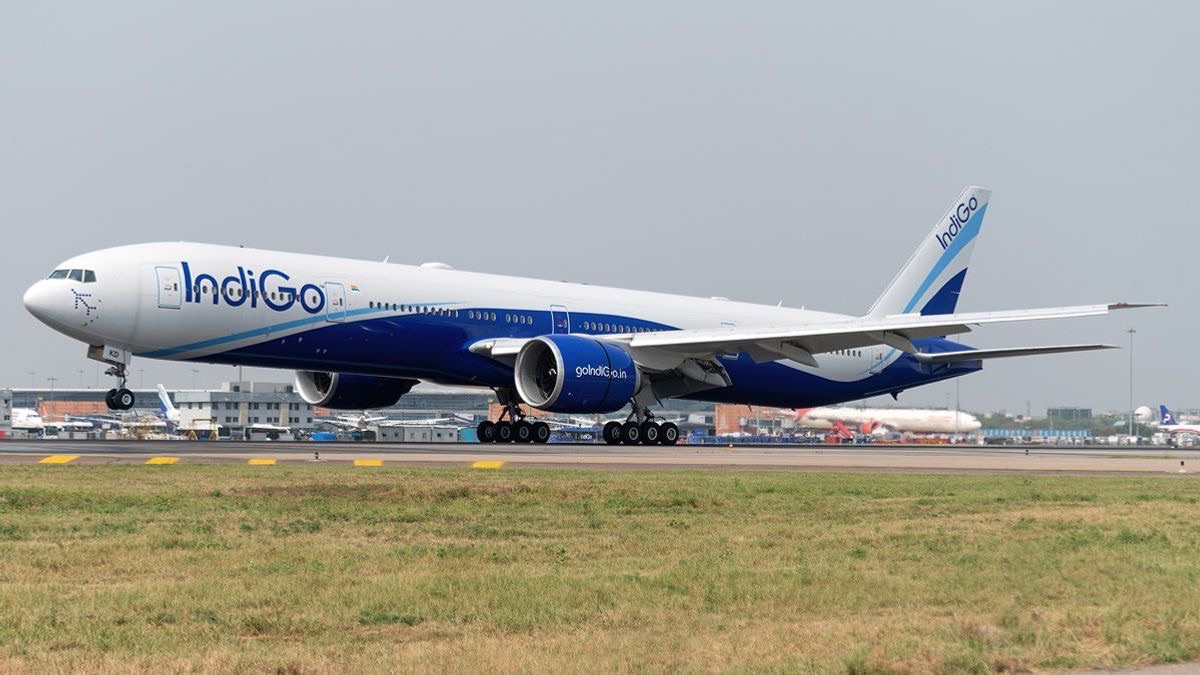According to an IndiGo spokesperson, this approval arrives at a pivotal moment and will assist in reducing losses stemming from geopolitical restrictions.
The DGCA has renewed IndiGo’s lease of two Boeing 777 aircraft from Turkish Airlines for an additional six months. This follows a previous extension and is intended to stabilize operations amid geopolitical tensions, ensuring uninterrupted international connectivity. The extension helps in alleviating potential losses for the airline in light of geopolitical constraints.
The aviation regulator DGCA has granted a six-month lease extension for IndiGo, enabling the airline to keep operating two Boeing 777 aircraft from Turkish Airlines under certain conditions, as per sources.
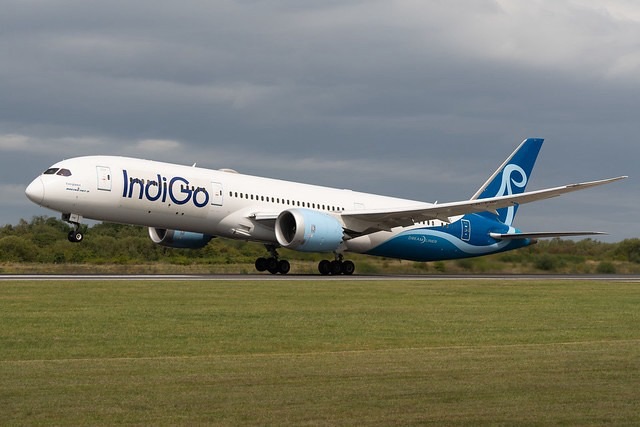
This unforeseen development comes after the DGCA’s earlier decision to provide a three-month extension, which was expected to be conclusive. The extension holds significance amidst the geopolitical tensions involving Turkiye and Pakistan.
IndiGo’s announcement emphasized the extension’s importance in ensuring operational stability during a peak travel season, thereby preserving direct flight connections between India and Istanbul. The airline has pledged to adhere to all regulatory requirements.
IndiGo Airlines is augmenting its fleet to bolster international connectivity
IndiGo Airlines has also entered into a memorandum of understanding with Airbus to convert 30 purchase rights into confirmed orders for the A350-900, with deliveries slated to commence in mid-2027. Additionally, the airline has already placed a firm order for 30 more A350s, bringing its total to 60 wide-body jets. They are also contemplating the exercise of purchase rights for an extra 40 A350s, which could increase their wide-body order book to 100 aircraft.
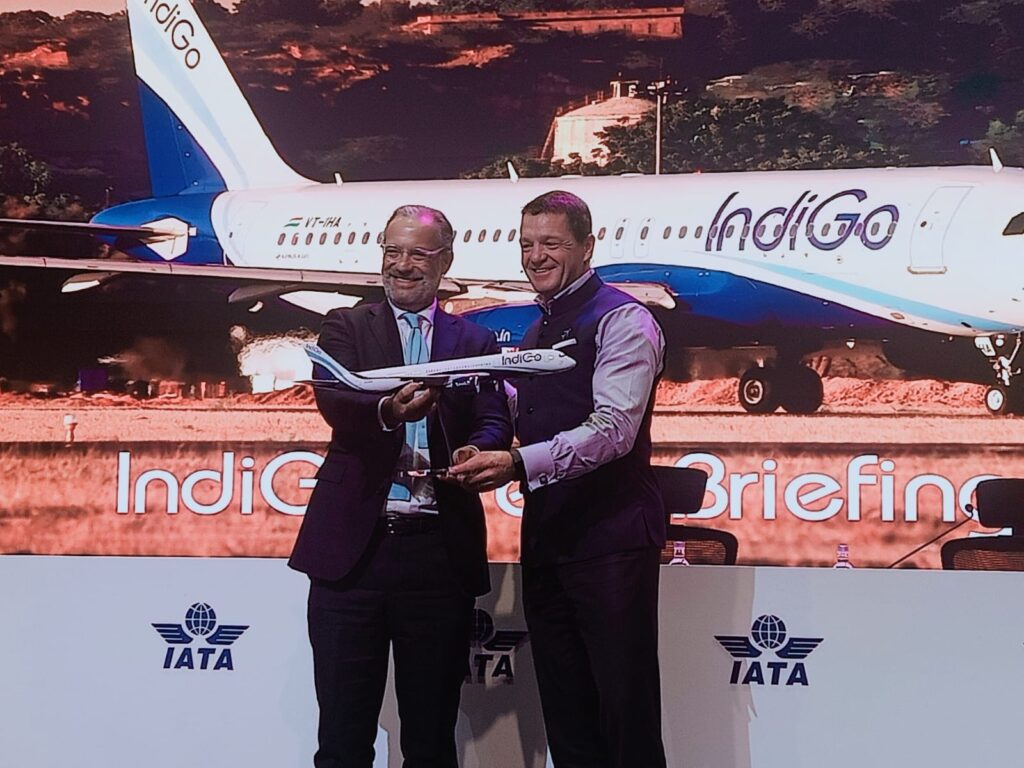
Codeshare Agreements for USA Flights
IndiGo Codeshare with American Airlines: To cater to the most sought-after international route between the USA and India, IndiGo has formed partnerships with multiple airlines. IndiGo has established a codeshare agreement with American Airlines, allowing American to sell seats on IndiGo 6E flights connecting Delhi-Bengaluru and Delhi-Mumbai. This arrangement also promises expansion to over a dozen additional Indian cities, providing American passengers access to IndiGo’s domestic network. Presently, American Airlines only operates flights from New York to Delhi.
IndiGo Codeshare with Turkish Airlines: Through the codeshare agreement with Turkish Airlines, IndiGo can connect to various USA cities including Atlanta, Boston, Chicago, Houston, Los Angeles, Miami, New York, San Francisco, and Washington D.C. Passengers wishing to travel from India to the USA can book connecting flights via Istanbul on a single ticket through either IndiGo or its partner airlines’ websites. IndiGo has also partnered with airlines such as Qatar Airways, Delta, and Air France-KLM, further enhancing its global network.
IndiGo Airlines’ fleet is projected to encompass around 600 aircraft by 2030. Currently, it operates approximately 416 aircraft. The airline introduces roughly one new aircraft each week and intends to sustain that growth rate until 2035.
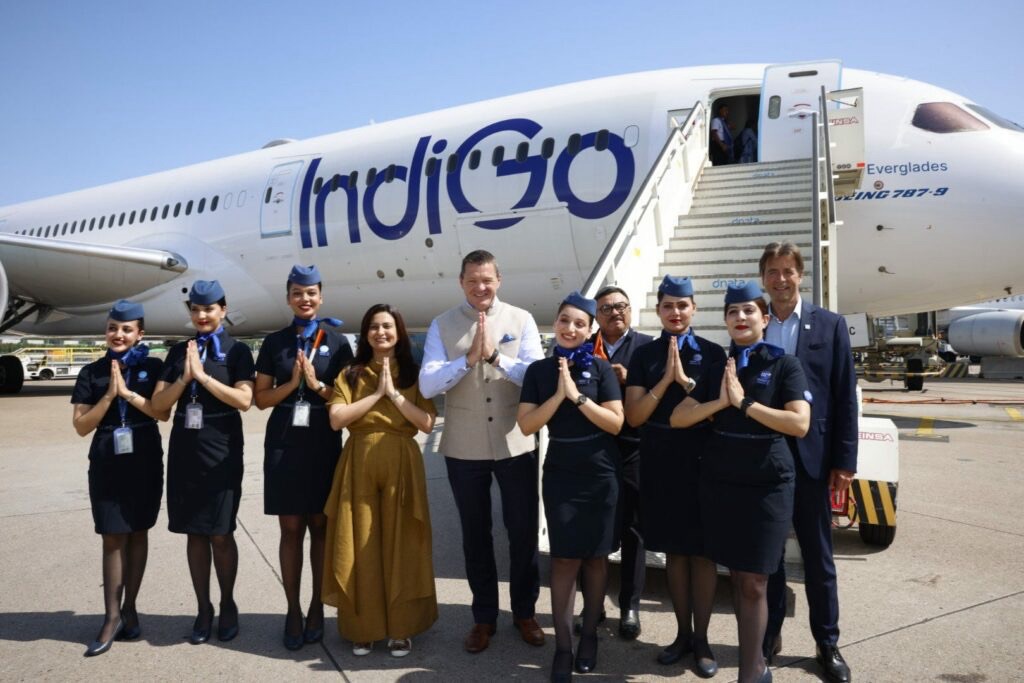
The airline has accumulated a backlog of 920 aircraft orders, intending to expand its fleet to approximately 600 aircraft by the year 2030. Between 30 and 40 percent of these aircraft will be fully owned or financed through leases, a significant increase from the current 16.5 percent.
This strategy differs from dry leasing, which necessitates returning aircraft to lessors when lease terms expire. By moving towards ownership, IndiGo enhances its control over its assets while ensuring stability for its long-term network objectives.
Strong Financial Position
For FY25, IndiGo announced a net profit of ₹7,258 crore and ended the year with free cash reserves totaling ₹33,150 crore. Although the airline declared a dividend of ₹10 per share earlier this year, some shareholders have urged for higher distributions.
Negi replied that the airline’s immediate focus is on reinvesting in growth projects, which include fleet expansion, infrastructure development, and customer-oriented initiatives.
Leadership has indicated that the focus is on fostering sustainable long-term value instead of prioritizing short-term returns for shareholders. Investments are being allocated across several areas, such as cargo operations, digital innovations, loyalty schemes, and enhancements to in-flight services.
MRO Development
A significant element of IndiGo’s growth strategy is the establishment of its own maintenance infrastructure. Construction has commenced on a new MRO facility at Kempegowda International Airport, Bengaluru (BLR). CEO Pieter Elbers confirmed that the company intends to invest approximately ₹1,000 crore in this project over the next two years.
Initially, the facility will concentrate on maintaining IndiGo’s fleet. However, Elbers suggested that future expansions might enable the MRO to undertake maintenance for other airlines, thereby positioning IndiGo as a key player in India’s aviation services industry.
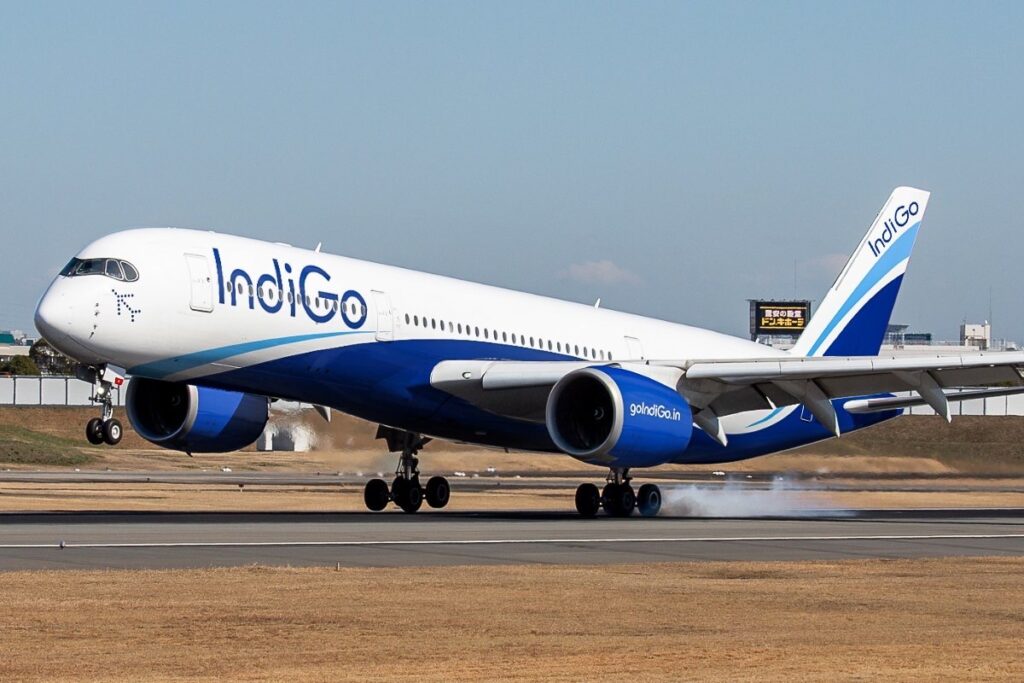
Expanding International Reach
IndiGo currently receives approximately one new aircraft every week and anticipates maintaining this delivery rate until 2035.
Elbers pointed out that Indian airlines still command a relatively minor share of international markets, especially in Europe, and that IndiGo intends to enhance its footprint there.
This strategy is in line with the airline’s broader plan to leverage India’s robust and consistent demand for air travel.
Additionally, the company has launched new premium offerings like IndiGo Stretch, and its loyalty program has successfully attracted over four million members within just one year.
For all aviation-related guidance (DGCA ground classes, pilot training, cabin crew training)
Contact us https://contrail.in/
phone numbers +91 78457 69399


